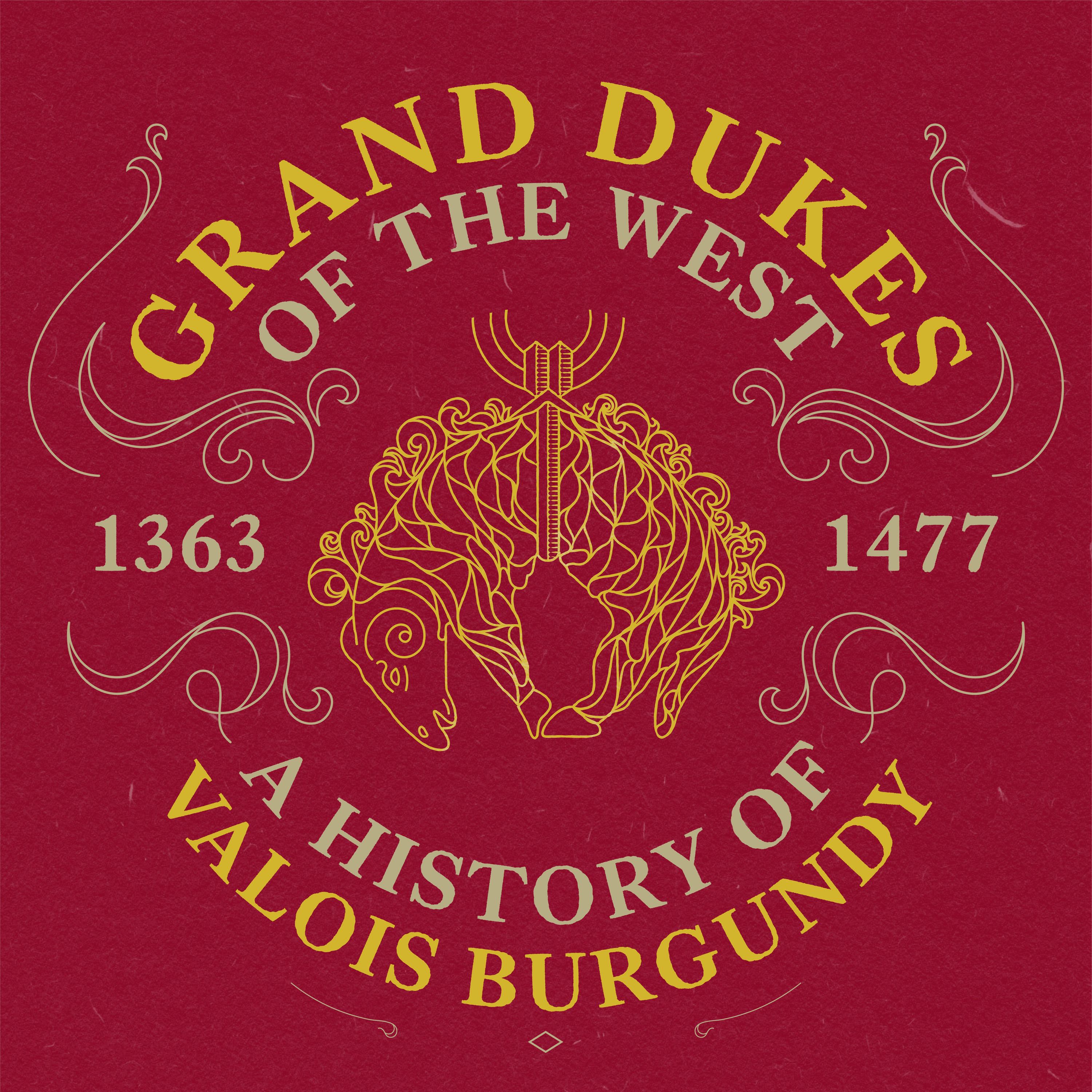
La Fayette, We Are Here!
La Fayette, We Are Here!
Charlemagne, King of the Franks and Roman Emperor
Charlemagne is one of the most important figures of the Middle Ages. He ruled from 768 to 814 as king of the Franks, and became Roman Emperor in 800. He conquered peoples, built institutions and completely changed Europe's political trajectory.
One cannot stress enough the importance of his reign and his legacy. I think you will find him a complex and fascinating character. And maybe, you will also recognize some of him and what he accomplished in yourself or in your daily life.
Listen to Grand Dukes of the West podcast!
Timecodes:
Introduction
04:03 - Charlemagne's Grand-Father and Father
10:52 - Charles, King of the Franks
16:20 - Becoming Roman Emperor
22:04 - The Carolingian Renaissance
27:01 - Charles the Great's Legacy
32:20 - Conclusion
Music: Marche pour la cérémonie des Turcs, composed by Jean-Baptiste Lully, arranged and performed by Jérôme Arfouche.
Art: Charlemagne by Albrecht Dürer
Reach out, support the show and give me feedback!
We are now in a time before France, before England, before Germany. At time often called "The Dark Ages". Long gone are the glory days of Antiquity. Rome is a shadow of its former self. Tribes have invaded Europe and formed new kingdoms with rather fluid borders. It is also a violent age, where sword and cross often struck with the same force.
But these men and women aren't less intelligent than us. They are just facing a much different and tougher context. They live in a transitional era, and they seem aware of it to a point. Rulers come and go. Even whole kingdoms come and go sometimes. Europe's tribes vary in size and strength, but in the VIIIth century AD, one is clearly on the ascension: the Franks.
Even the strongest tribe is nothing without a clear and efficient leadership. As to what makes a great leader, I don’t think a real consensus can be reached here, but it is worth exploring. Leaders always have multiple sides. They can be audacious, creative and clever. They can also conquer and impose their will on other people. They will therefore be seen as successful by their own people, but often as tyrannical invaders from the ones they conquered.
What is certain, is that some names resonate through history as State leaders that changed the course of their countries and often, of whole continents. We can think of Alexander the Great, Julius Cesar, Gengis Khan and of course Charlemagne!
Welcome to La Fayette, We are Here! The French history podcast for the American public. I am your host, Emmanuel Dubois, and today we are talking about Charlemagne, ruler of the Franks in the early Middle Ages.
Charlemagne is considered a great leader by many historians and was seen as such by his contemporaries. He certainly is the most influential figure of the early Middle Ages in Western Europe. His reign will have consequences that last to this day in Europe. All-in-all, he's fascinating to study as well as this transformative period in Europe, often perceived as the end of the Dark Ages that began after the fall of the Roman Empire in the Fifth century.
Charlemagne's Grand-Father and Father
Let me give you some context. By the VIIth century, the Franks had authority over most of what we now call France (except Brittany), Belgium, the Netherlands, Switzerland as well as Western Germany. They had conquered this territory in the course of two centuries under the rule of a dynasty known as the Merovingians. Their first king, Clovis, is considered the first French king in classical history (even though there is no France or French yet). He's part of France's national story, a continuation of France's march through history that started with the Gauls, centuries before.
The Merovingians were not, for the most part, strong kings. I mean that their power was diluted. They shared it with nobles and feudal system was not yet the one we are familiar with. As time went on, actual power was often in the hands of people known as mayors of the palace. These administrators of smaller parts of the whole Frankish kingdom gradually became more powerful than the kings they served. Factions kept emerging and waging war amongst one another, as there was no real unity. The Frankish kingdom was divided in regions known as Neustria, in the North West, Austrasia in the North East, Aquitaine in the south West and Burgundy in the East. As I mentioned Earlier, Brittany was not part of it, it was independent.
The Frankish kings had long traditions. One of them was to divide one's kingdom amongst all of one's sons. Although this sounds equalitarian, it doesn't make for great unity of power and is the cause of more than one civil war during the period. Kingdoms were weak and often under pressure from many other peoples.
Saxons, Frisians and other Germanic tribes were a danger in the North East. Lombards in Northern Italy. Arabs in modern Spain. The Christian Franks were under constant pressure from outside and inside. The Merovingian kings never really found a way out of it. The later ones were so ineffective that they were nicknamed the rois fainéants or lazy kings. Though harsh and probably exaggerated, this gives you a fairly good idea of the situation in which Frankish royal authority was at the beginning of the VIIIth century.
This all changed with Charlemagne's grand-father: Charles Martel. His name means "Charles the Hammerer" and he became Duke and Prince of the Franks in 718. I won't go into too much details but suffice to say that he got power through political acumen, military strength and great flair. He was not the choice of the mayors of the palace. His name in German is Karl, meaning brave. Remember there is no French language per se at the time, just latin, or rather the Frankish version of Latin, and some germanic language spoken by the Franks. Karl in Latin becomes Carolus, hence the Carolingians, but I'll circle back. In French it will become Charles. Ironically, the last French king to ever rule was also named Charles, but that's another story.
Charles Martel reinforced power around him, diminished the mayors of the palace's authority and won several military victories, both against his countrymen and foreigners. His most famous victory was at Poitiers in 732, when his army defeated a Muslim one (known as the Umayyad invasion), therefore "saving" Europe from Islam in traditional historiography. This battle is often known as the battle of Tours in Anglophone historiography.
Charles is, first and foremost, a warlord, like all the Frankish leaders at the time. He unites the country through force. He pursued a politic of expansion and unity during his whole "reign", until his death in 741. He was never crowned king, but he acted as one, divided the territory he controlled amongst his two sons: Carloman and Pépin.
Charles's family reigned in all but name over Francia, the Frankish kingdom. After an instability period, the power went to Pépin, his brother Carloman having decided to become a monk. Pépin didn't and became king of the Franks in 751, replacing the Merovingians thanks to what we can call a coup. He is recognized by the Church as such and continued his father's politics. Reinforcing power and expanding the Frankish kingdom, notably in Italy. In 754, he is anointed by the pope in the Abbey of Saint-Denis, along with his sons Charles and Carloman, establishing the Carolingian ruling dynasty making his family the only one able to rule over the Franks. It's also the first step towards a divine monarchy, this will become a trademark of the future French monarchs in the Middle Ages.
Pépin, later nicknamed "The Short", died in 768. He left to his sons a kingdom greatly reinforced and united, with an incredible momentum. He still had issues with the Saxons but he had managed to established a strong central royal authority unseen on the continent for centuries. As was the Frankish tradition, he divided his kingdom amongst his two sons. It wouldn't stay divided for long.
Charles, Frankish King
The two brothers didn't like each other and became rivals as soon as their father was in the ground. Charles quickly showed to be the superior tactician and military leader, but he still had to contend with Carloman, who ruled over most of the German part of the kingdom, along with parts of Aquitaine. The hostilities threaten to become a real war but Carloman died of illness in 771, he was barely twenty. Charles didn't miss his chance. He took all of his brother territory under his control, ignoring his nephew's rights and became sole king of the Franks. He immediately had to deal with troubles in Italy, troubles between the Franks and the Lombards.
The Lombards were a Germanic people, just like the Franks. They had conquered Northern Italy in the VIth century and ruled over it ever since. They often traded with the Franks but conflict erupted regularly. The Pope often complained of Lombard interference and of attacking the Church territory around Rome. He called for help. Charles, the strongest Christian King, responded. It was also a great excuse to deal a serious blow to a powerful neighbouring kingdom and to seize a rich area.
Charles attacked Pavia and Verona. The latter fell quickly, but Pavia held for quite sometime. In the interim, Charles marched on Rome, and was welcomed as a liberator by the Pope Hadrian. Pavia fell soon after to the Frankish troops in 774. Having ousted the Lombard leaders from Northern Italy, Charles proclaimed himself king of the Franks and of the Lombards. Beside a failed attempt by the Byzantine Empire to attack Italy, this kingdom remained in Charles's hands for all his life. Rome was given back to the Pope, and this will have consequences later in our story.
Charles was not as successful in Spain. He received Muslims emissaries who offered him their support should he attack their enemy the Umayyad Caliphate. Charles saw an opportunity to extend Christianity in Europe, as Spain was under Muslim control, as well as his own territory. But this proved a failure. The king personally led his army across the Pyrénées in 778 where the governor of Saragossa was supposed to open the city gates for him. He didn't, and the Franks had to lay siege to the city.
In the meantime, the Saxons rebelled. Charles decided to lift the siege and to march all the way back to Germany, to fight the rebellion. On their way back, the Frankish army was attacked by the Basque people, in the mountains. The traditional site of the battle is Roncevaux, and it was made famous by the "Chanson de Roland" or "Song of Roland", an 11th century song supposed to depict the massacre and especially the brave death of Roland, a Frankish military leader and governor of the Breton march. Although the "Chanson" is of huge importance from a medieval literature point of view, it's historical accuracy is more than flimsy. But it is worth mentioning, as it is an example of something that I will come back to a bit later on: Charles's political and artistic genius.
Charles dealt with the Saxon's revolt and started reorganizing his kingdom. He had his son Carloman baptized by the Pope himself, renamed Pépin, and made king of Italy, while his other son Louis was king of the newly formed kingdom of Aquitaine. Kingdoms within a kingdom, I told you the Frankish way was complicated!
Charles wanted people he could trust in every key part of his kingdom. Sons or warlords he knew he could count on. In the 780s, he therefore started a policy of standardization and unification. He used feudalism in a very aggressive way, creating counts, abbots, bishops, all vassals to him. He would carry on with this policy until his death. But before we continue talking about his kingdom's modernization, let's conclude the part about its expansion and military achievements. Charles had a good control over the territory we call France. He had subjugated Northern Italy and the Pope was his friend and ally. The South-West proved to be difficult but ultimately fell under Frankish control,, becoming the Duchy of Toulouse, governed by Duke Guillaume, Charles' cousin. Spain was not the be conquered, but the Pyrénées offered a natural border that he could live with. Charles still had one territory to deal with though: Saxony.
Becoming Roman Emperor
The Saxons had fought the Franks literally for centuries. The pressure had increased following the Frankish expansion in the East and North. The Saxons were Pagans, the Franks Christians. Therefore, the latter felt they had to christianize this people, by force if necessary. Charles certainly believed that. The 780's and 790's proved to be the crucial period for that area.
Charles had to deal with many, many rebellions in Saxony. The Saxons would be vanquished, vow to submit and to be baptized, then rebel again. This back and forth lasted the better of three decades. This war was brutal. It was not just a matter of conquering territory, it was a matter of religion, of one's way of life. The Saxons rejected Christianity and the Franks wanted to impose it. Charles, himself very pious, was definitely doing everything in his power to see Western Europe becoming wholly Christianized.
This brings me to one of the less glorious events of Charle's reign: the Massacre of Verden. In 782, following a brutal campaign by the Franks in Saxony, a Frankish army was attacked and massacred by the Saxon leader Widikund and his troops. This infuriated Charles and he went all Old Testament about it, wanting to bring the fury of God to these pagans who deserved nothing else in his eyes.
Charles ordered the forced baptism of about 4,500 Saxons. They were brought to the river, their heads put in the water and they stayed there. They were all killed by drowning. Following that, Charles pushed harder and harder into Saxony until it submitted in 785, when Widikund surrendered and accepted to be baptized and to recognize Charles as his lord. One mustn't forget that, for all its glory, this period is incredibly violent. In a violent period, leaders will commit atrocities. This is no excuse for Charles, nothing can excuse the murder of 4,500 people, but one must look at these events with VIIIth century glasses, not with a pair from the XXIth. It can be hard, it can be controversial, but I believe it to be crucial to understand history properly. Otherwise, we're just passing judgment with our contemporary values and we miss the whole point.
The end of the VIIIth century also saw the arrival of a new threat in Norther Europe: the Vikings. These Scandinavian warriors prove dangerous and ingenious. Talking about them now would take too much time but do not worry, dear listeners, I have something for you. Our next episode is an interview with an historian specialize on the Vikings. It will come out shortly after this one, so stay tuned! Now back to our Frankish warriors.
Having vanquished the Saxons, Charles had something unique in his hands. A relatively united kingdom. This hadn't been seen in Western Europe since the Roman Empire. Charles was also doing something nobody had really done before him: he surrounded himself with intellectuals, artists and thinkers. He wanted his kingdom to bring about education, elevation of the spirit and economical prosperity, not just military might. His entourage came up with a clever idea to reinforce this: becoming emperor.
Charles was perceived as the ultimate Christian king. The one who unified this enormous territory under his authority and that of the Church. This provided a superb occasion for what we could call the best propaganda coup of the Middle Ages. At the same time, the new pope, Leo III who was not part of the Roman high nobility, desperately needed a strong ally. He was personally attacked in 799 and needed help from the protector of Rome, king Charles. That proved to be the perfect storm for something incredible to happen.
Charles went to Rome and was proclaimed Emperor by the pope Leo III on December 25th 800. Yes, he became Emperor of the Romans on Christmas. As I said, the perfect propaganda story. Nevertheless, the impact was enormous. Charles had attain a new level of authority. Nobody had been emperor for the last three and a half century. That put him on the path to become Carolus Magnus or in French, Charlemagne, even though he never used this expression himself.
The Carolingian Renaissance
As I mentioned earlier, Charles surrounded himself with educated people. One of them was an intellectual called Éginhard. After the king's death, he wrote a biography entitled "The Life of Charlemagne". In it he wrote: "Il respirait dans toute sa personne, soit qu’il fut assis ou debout, un air de grandeur et de dignité", or in English: "He breathed in all his person, whether he was sitting or standing, an air of greatness and dignity". Even though this is clearly meant to contribute to the man's legend, there is some truth to it.
Charles, now emperor, worked during the last fourteen years of his life to maintain his Empire and to reinforce it. He did so with great success, even though it won't survive long after him. One of the key aspects of this is something called the "Carolingian Renaissance" or the "Carolingian Reform" as it is now more often called.
In 802, in his palace of Aix-la-Chapelle (now Aachen, in Germany), Charles made all his subjects vow allegiance to him as emperor, not just as king. He wanted to ensure the loyalty of everyone, including the strong nobles, who were also his vassals. It's a mix of Roman tradition and feudalism. It did work, as the various kings, dukes, counts and members of the clergy proved to be loyal and to obey his orders.
Charles ruled over a huge territory with different traditions, casts and legal systems. To me, what really makes him a great statesman is that he managed to impose his Frankish system to all of them. He insured that monasteries and abbeys were built in every county, so that the literacy level would rise. This made administration more efficient, as well as taxation. It also helped in preparing the different parts of the Empire to defend themselves agains invasion, as a form of military standardization was also put into place.
In France we like to say that Charlemagne invented school. While not technically true, he did push very hard for literacy and knowledge to be more accessible and to be at the centre of everything. This was part of a whole reform that included the building of various infrastructures during his reign such as roads and castles. Commerce was simplified, the territory was easier to defend and to maintain. This was a virtuous circle.
These reforms are what made the Frankish Empire such a strong entity. Even though the empire itself as a political construct would dissolve after Charles's son died, more on that later, the Frankish way of doing things would survive. It would be an integral part of the Frankish kingdom and the future Holy Roman Empire in modern-day Germany.
Another example is the way Charlemagne viewed religion. He was a very devout Christian and wanted everyone in his kingdom to be one too. In 813, during the council of Tours, it was decided that mass should be given in the vulgar language of the people, instead of Latin, to help spread the gospel and facilitate education. It was one more step for Latin to be replaced by local languages. It will be a long road indeed, but the tongue of the people will eventually replace Latin at every level. It's also one of the step to put the Frankish Church above Rome, something the French kings will gladly continue.
I should also mentioned that art production exploded under his reign. Thanks to the various projects initiated by Charlemagne and his vassals, artists from all over the Empire flourished. From architecture to book writing, from drawing to singing, every form of art was touched by the Carolingian Renaissance. The word Renaissance is questioned these days, as it implies that the period following the fall of the Roman Empire was a cultural vacuum. It certainly wasn't, but there is no question, at least not to me, that Charlemagne's reign proved to be a period of artistic and intellectual resurgence in Western Europe.
Charles the Great's Legacy
Now, how do you define greatness in the eyes of history? Is it by someone’s accomplishments? or by the way they behave towards their contemporaries? And what do you make of the bad deeds that the person made? Do they cancel each other out? Or does it depend on their depiction in history books? Charlemagne's reign certainly begs the question.
Charles the First, king of the Franks. Or Charlemagne, Roman Emperor. Coinage of the time shows the inscriptions KAROLUS IMP AUG, meaning Karolus Imperator Augustus, or Charles Emperor August. His unique accession to the supreme title certainly makes Charlemagne special by itself, but it didn't ensure his legacy.
Charles was a Frank. Franks traditionally divided their kingdoms amongst their sons. You can see how this could be a problem in maintaining a kingdom or an empire. Charles fully intended to go along with the traditional way and wanted to divide his empire between his three sons: Pépin, Louis and Charles. I should note that this Pépin was born Carloman, as I mentioned a bit earlier. The original Pépin, nicknamed the hunchback, Charlemagne's first born son, actually betrayed his father during an insurrection and was banned. American lawyers would have had a field day with medieval family feuds, but I digress.
Charlemagne's last years were not happy ones. His sons Pépin and Charles died in 810 and 811. His last son, Louis, was already king of Aquitaine, but Charlemagne summoned him to Aix-la-Chapelle in 813 to be crowned king of the Franks and Emperor. He did so on September 11th 813. Louis then went back to Aquitaine while the old emperor remained in his palace. He died on January 28th 814.
Louis is known to history as Louis the Pious, he was nicknamed as such even while living. He faced an impossible challenge: to administrate an huge empire, attacked from all sides, with various noble factions wanting more for themselves. Charlemagne did install a remarkable Frankish system in his kingdom and empire, something more akin to a true State than anything Europe had seen in the last four centuries, but it still wasn't enough. The Franks were warriors, their nobles were warlords. The whole thing was based on conquering and looting. Once that stopped at the beginning of the IXth century and peace was in place, cracks started to show in the Frankish kingdom.
Charlemagne seems to have wanted peace badly. And he did achieve it, more or less, after 804, but as I said it wasn't all that great for the Franks. The State's unity resided in the authority and charisma of the monarch, and Louis was not his father. The borders of the various regions tended to be loose and prone to disputes. The administration, though smart and effective, was relatively new and proved insufficient in places. The coasts were regularly threatened by Vikings and other invaders. All-in-all, Louis had to deal with a strong but unstable Empire.
Louis faced rebellions and a general uprising in 830, in which his sons took part. As I said, family feuds really were the thing back then. I won't go into the details here but suffice to say that it was a very trouble time, with anarchy and civil war. When Louis died in 840, the Empire as a politically sound element was ready to crumble. It was divided amongst Louis's three sons who, you guessed it, fought amongst themselves, sometimes with the support of the pope.
Long story short, after many conflicts and intrigues, Louis's sons signed the Treaty of Verdun in 843. This created the kingdoms of Western Francia, with Charles the Bold as its King, Middle Francia or Lotharingia, with Lothaire as king and finally Eastern Francia, with Louis as king. These will eventually become France and the Holy Roman Empire, with Lotharingia being split between the two. Because of this, Charles the Bold is often considered the first ruler of an actual Kingdom of France.
Conclusion
Charlemagne's lasting impact on Europe is immense. His Empire is probably the main reason why we have France and Germany today. His reign reinforced the Christian church and weakened its adversaries. At the time, it was not sure that Christianity would remain the dominant religion in Europe forever, things could have been very different. Imagine the Vikings and Saxons invading Europe and replacing Christianity by their own believes. Or the Muslims taking over Western Europe. Our culture, our way of life would be fundamentally different. The world would be completely different.
Whether you live in France, in Italy, in Germany or in America, you should remember Charlemagne. Not because of some adoration for a great man, I don't want you to worship him. But remember what was accomplished under his reign, what he tried to achieve. He wanted to unite, to educate and to elevate the people in his kingdom and empire. At its peak, his empire covered 1.2M square kilometres, with a population of around 30 million souls. These people will be the founders of France, Germany, Italy, Belgium, the Netherlands, Switzerland and other countries. Charlemagne's legacy lives in all these countries and more. And it would be good to remember sometimes everything we have in common, instead of the things that divide us.
Thank you for listening, au revoir !
Podcasts we love
Check out these other fine podcasts recommended by us, not an algorithm.
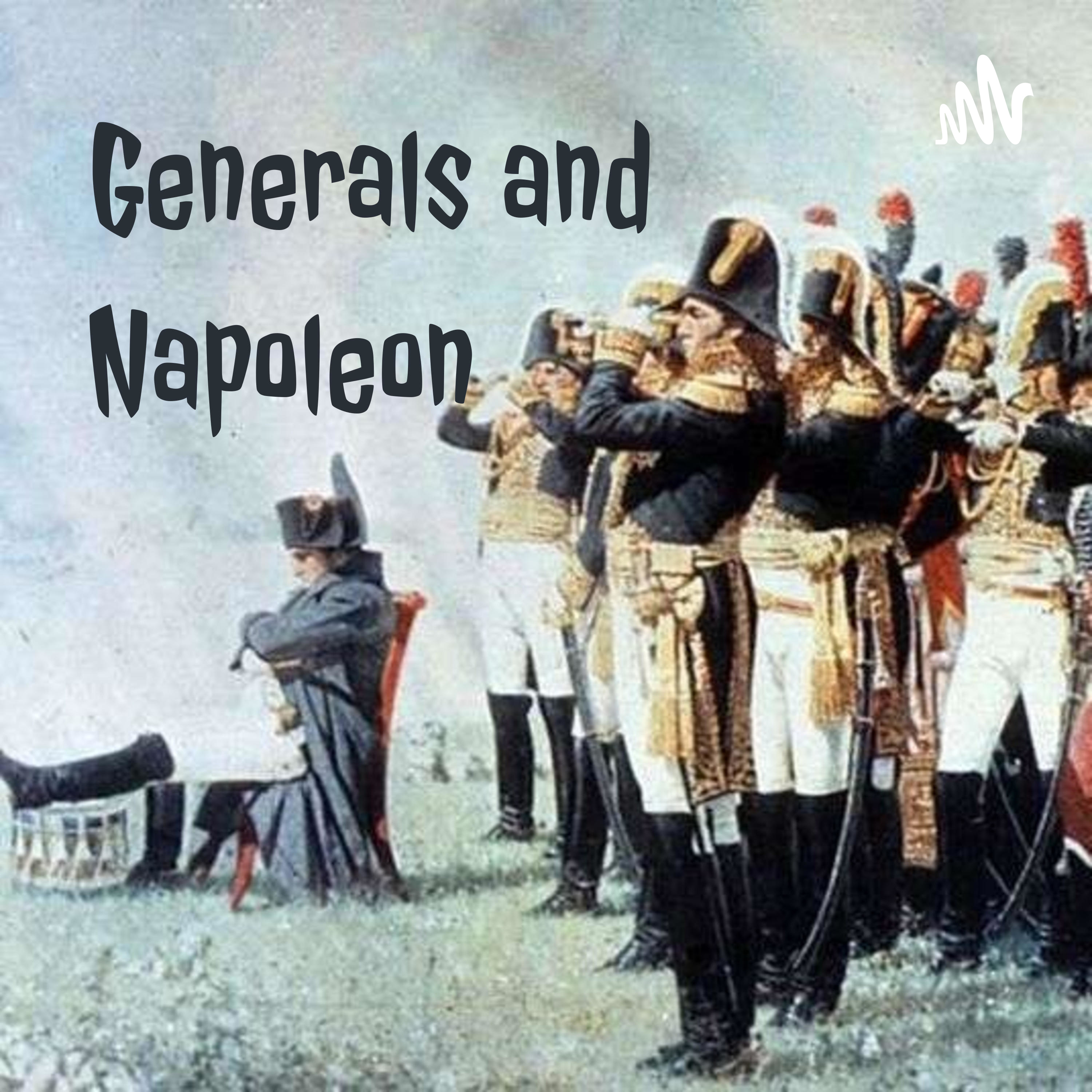
Generals and Napoleon
John W. Viscardo
Shipwrecks and Sea Dogs
Rich Napolitano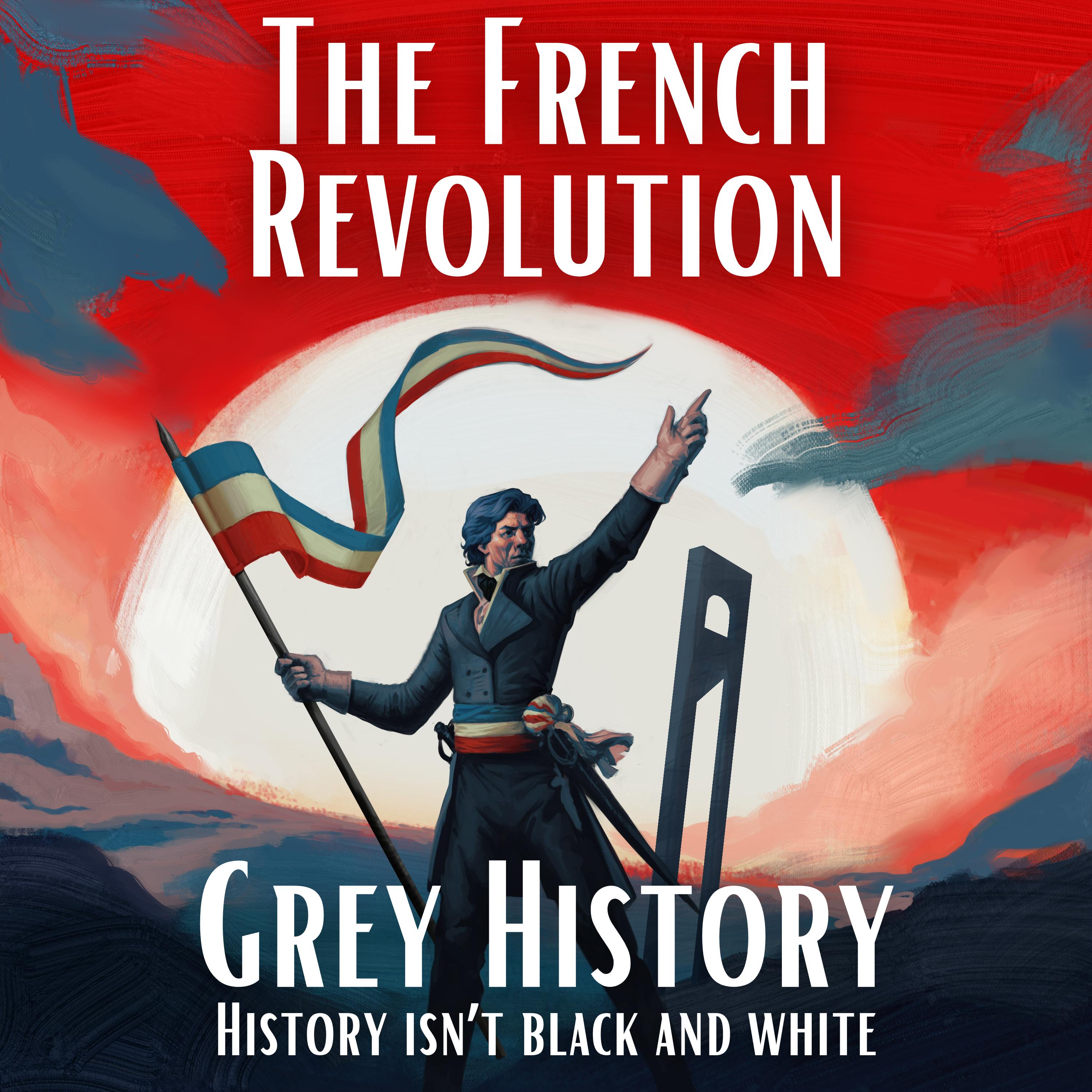
French Revolution & Napoleon (Grey History)
Grey History (William Clark)
The Life and Times of Frederick the Great
Alec Avdakov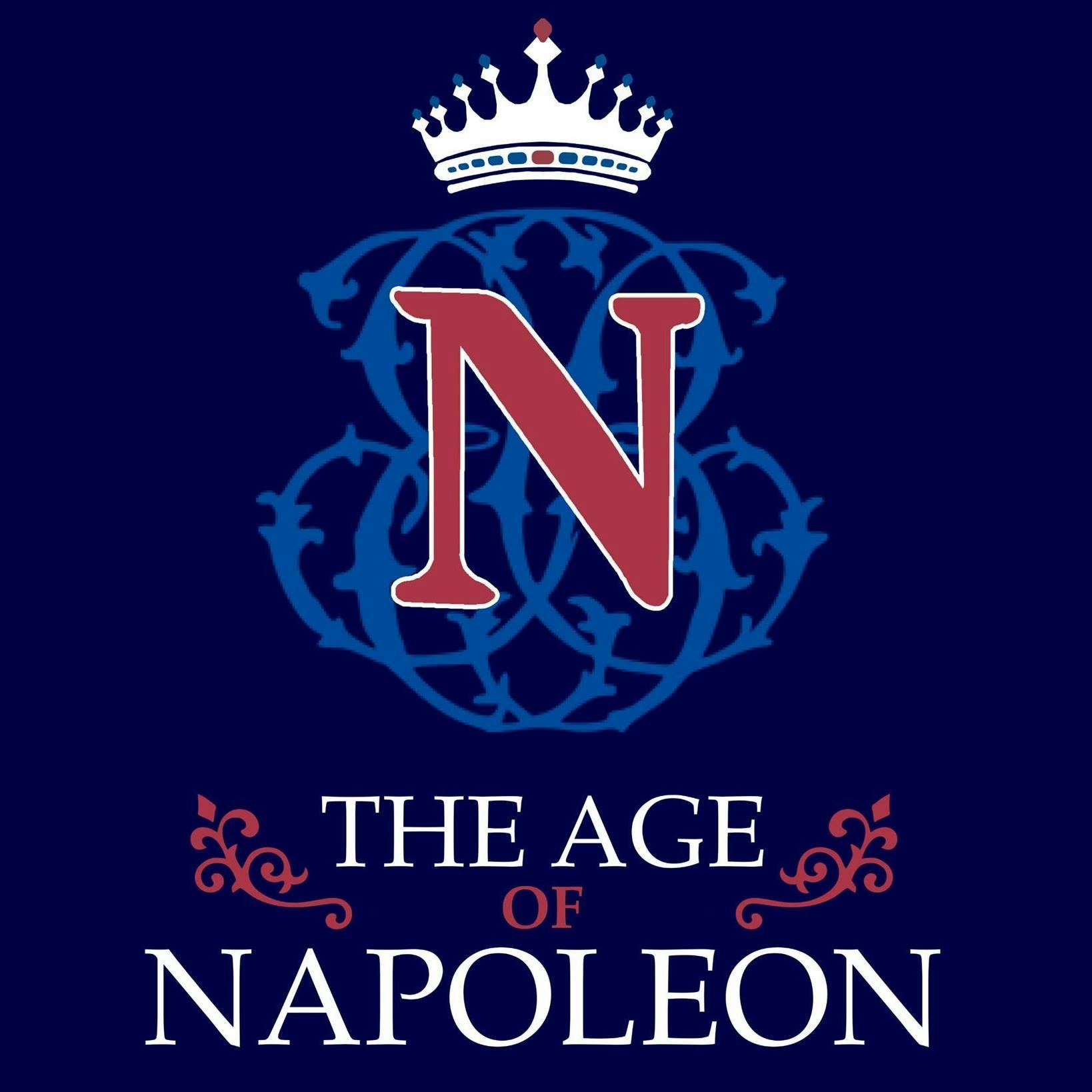
The Age of Napoleon Podcast
Everett Rummage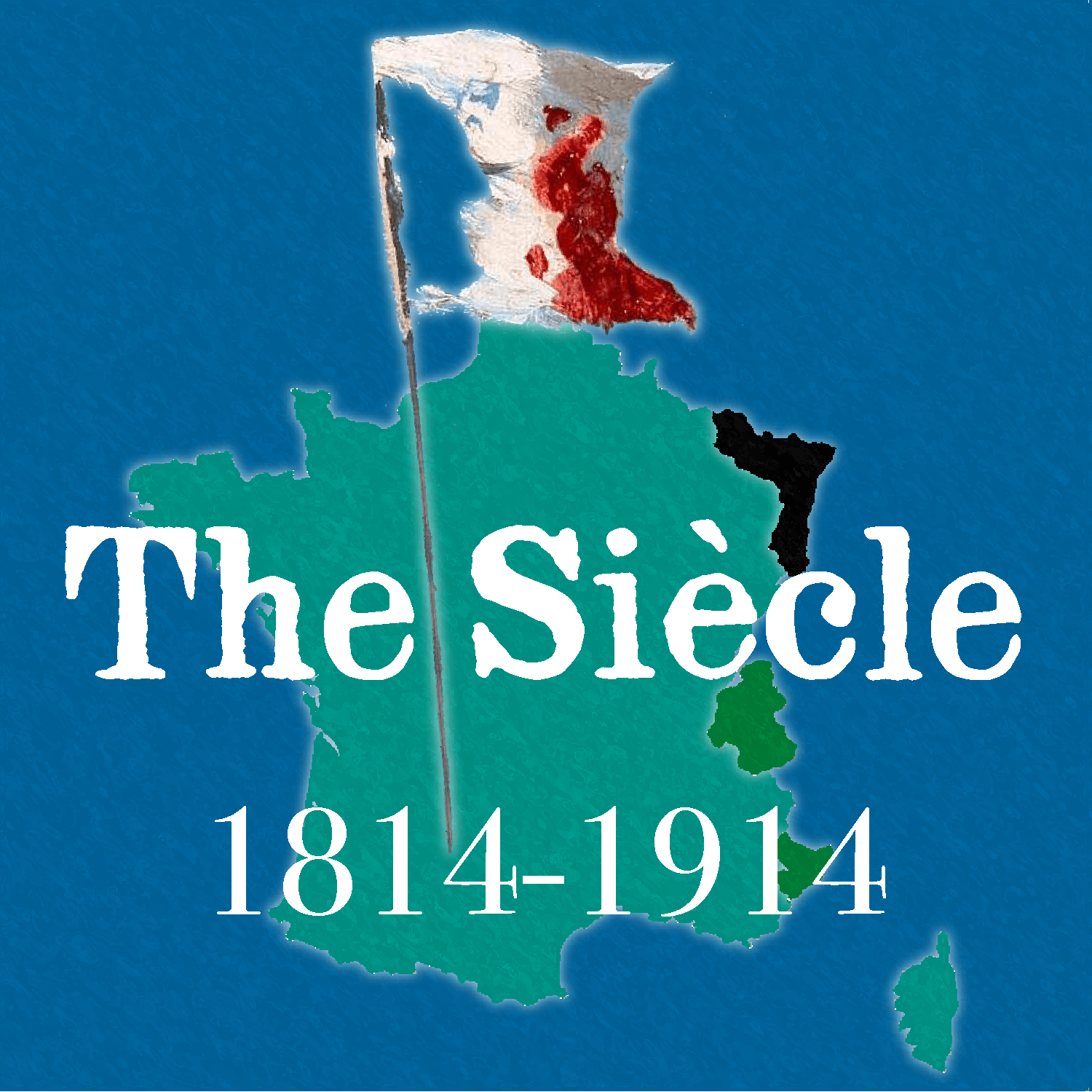
The Siècle History Podcast
Evergreen Podcasts
The Napoleonic Wars Podcast
Zack White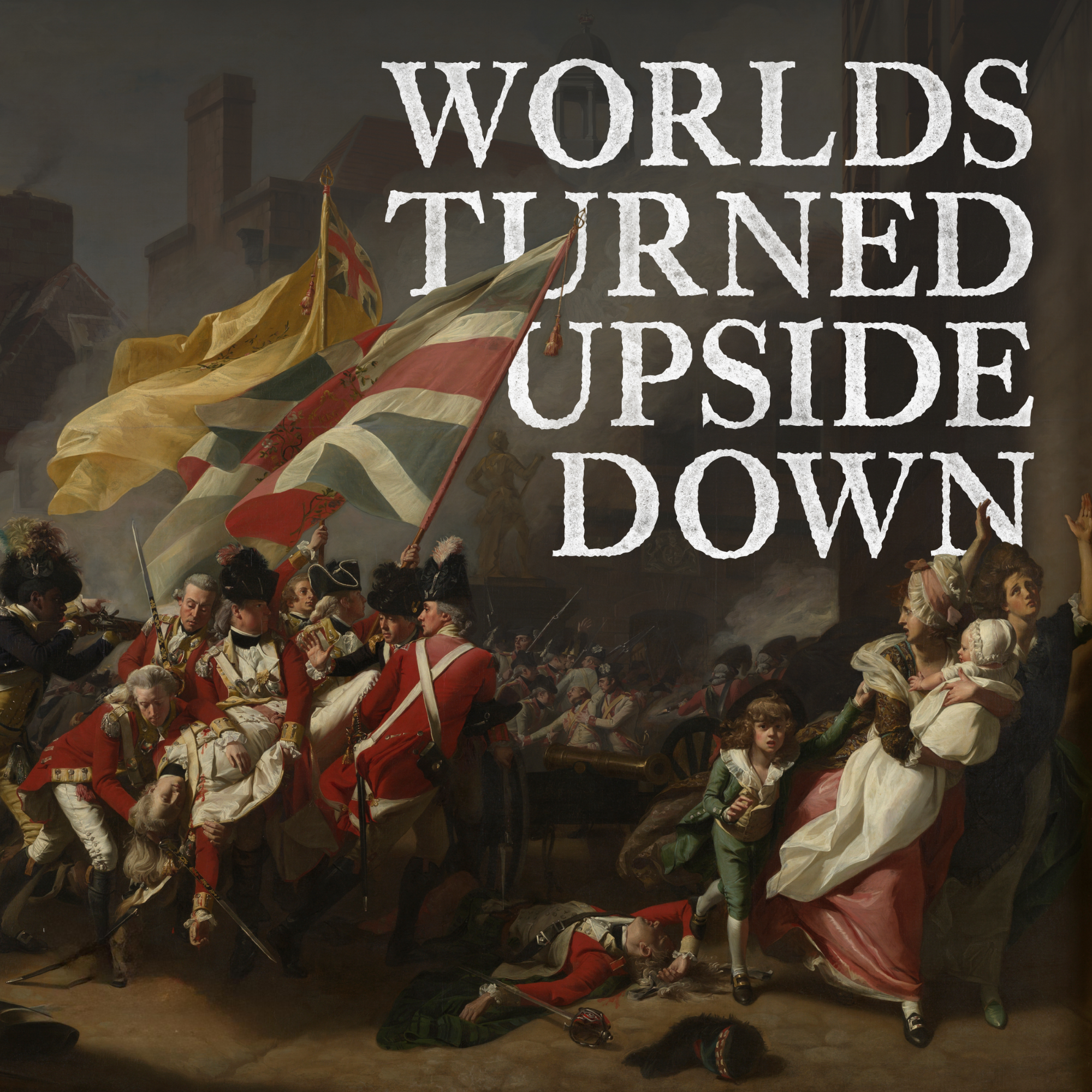
Worlds Turned Upside Down
Roy Rosenzweig Center for History and New Media
Empire-Builders
David Mainayar
Battles of the First World War Podcast
Mike Cunha
New York, Quebec, and The Water Route to the Center of the World
William Matthews
Deep into History
Deep into History
Battle Royale: French Monarchs
Ben Clarke and Eliza Sommers
A History of Japan
Justin Hebert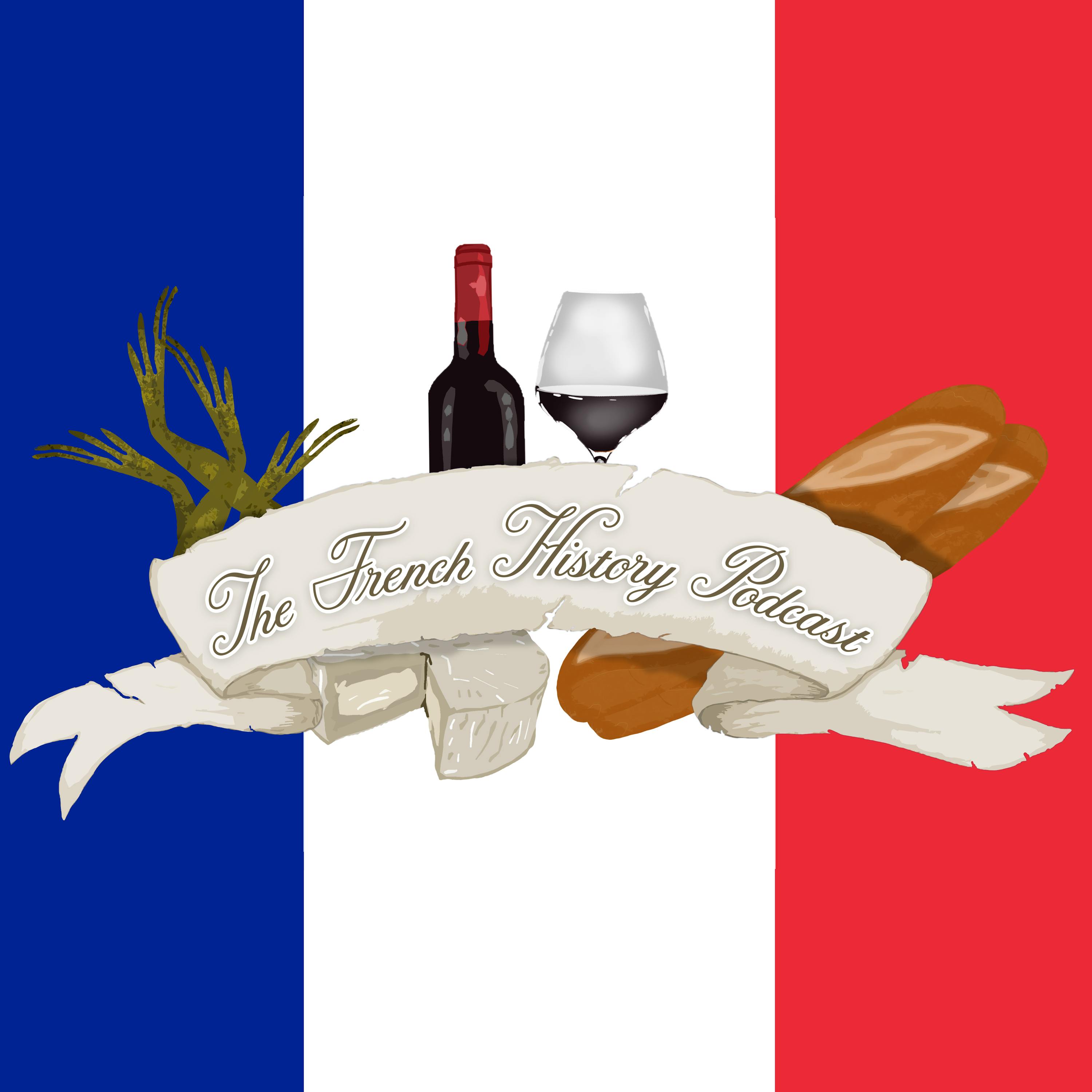
The French History Podcast
Evergreen Podcasts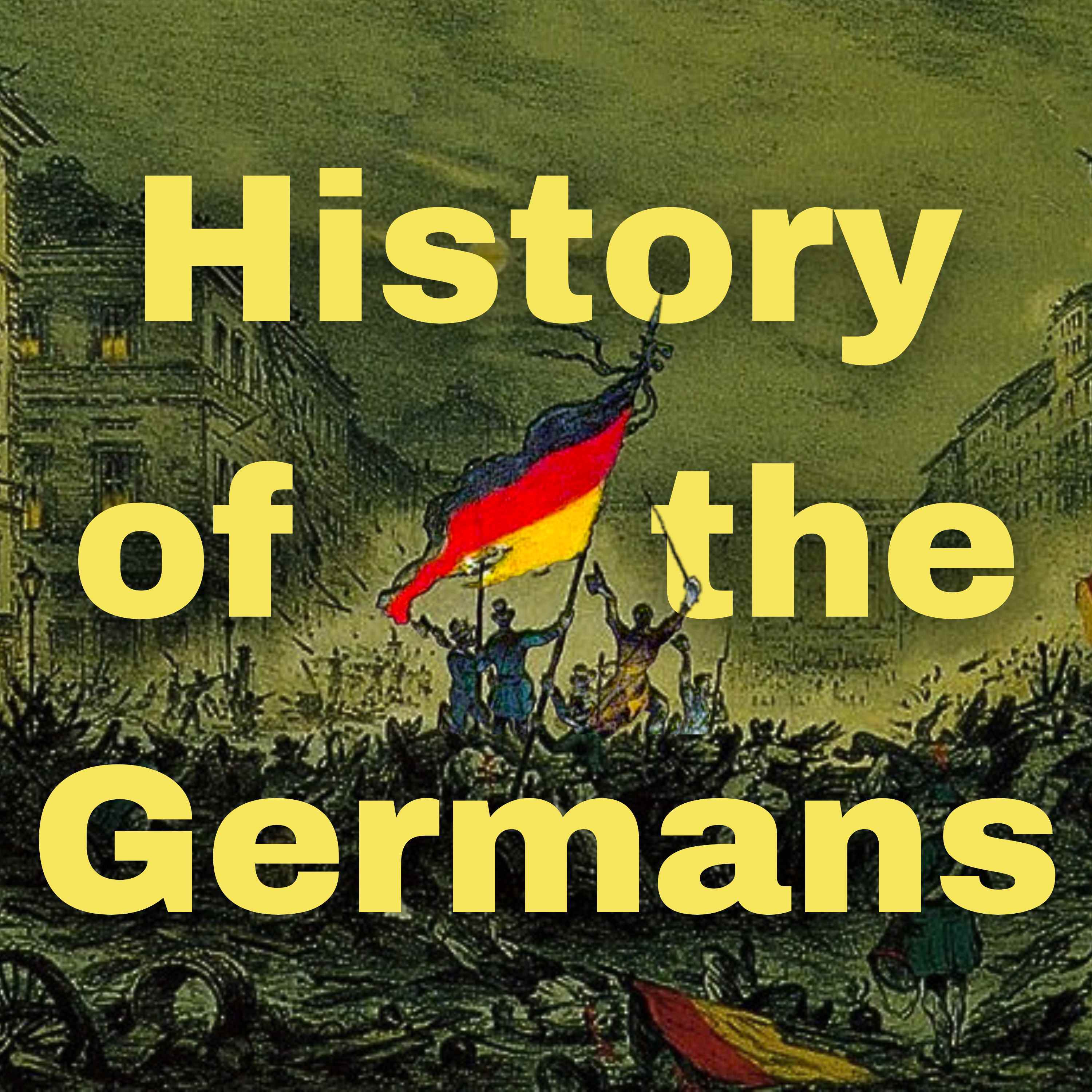
History of the Germans
Dirk Hoffmann-Becking
Half-Arsed History
Riley KnightFrench-Canadian Legacy Podcast
French-Canadian Legacy Podcast
The History of England
David Crowther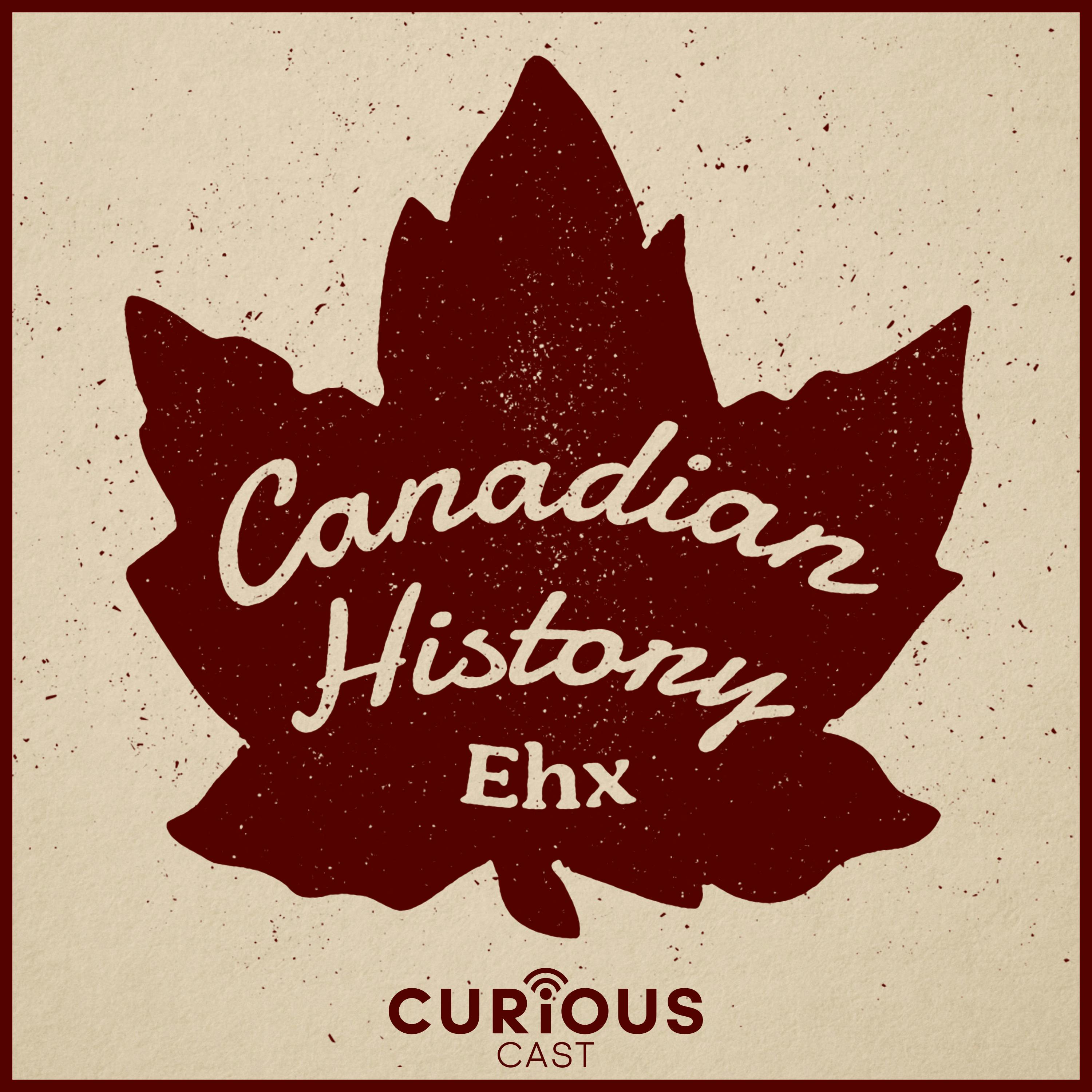
Canadian History Ehx
Craig Baird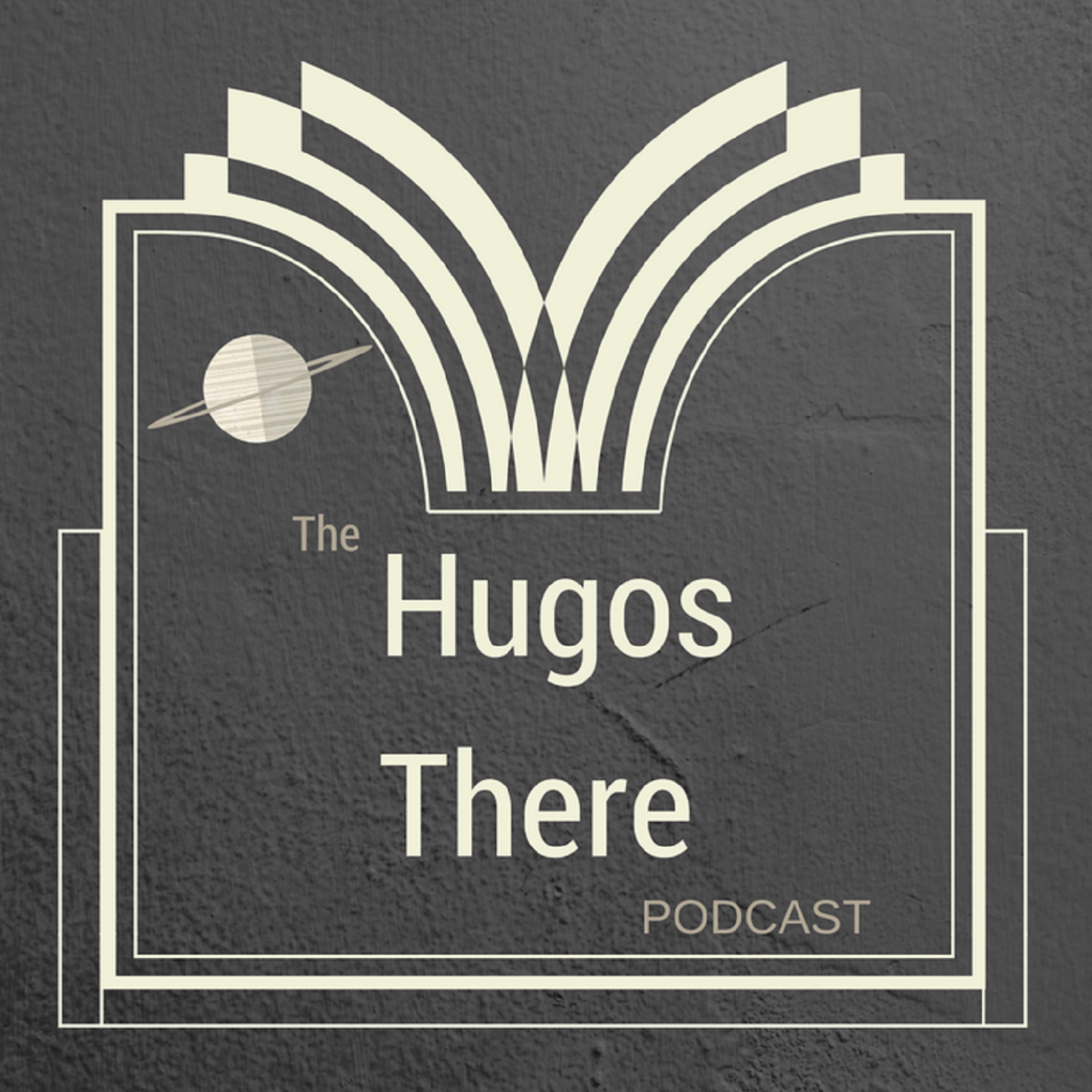
Hugos There Podcast
Hugos There Podcast
Hugo, Girl!
Hugo Girl

